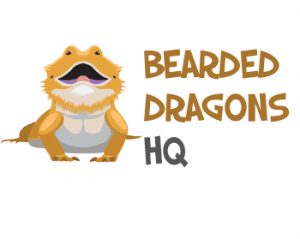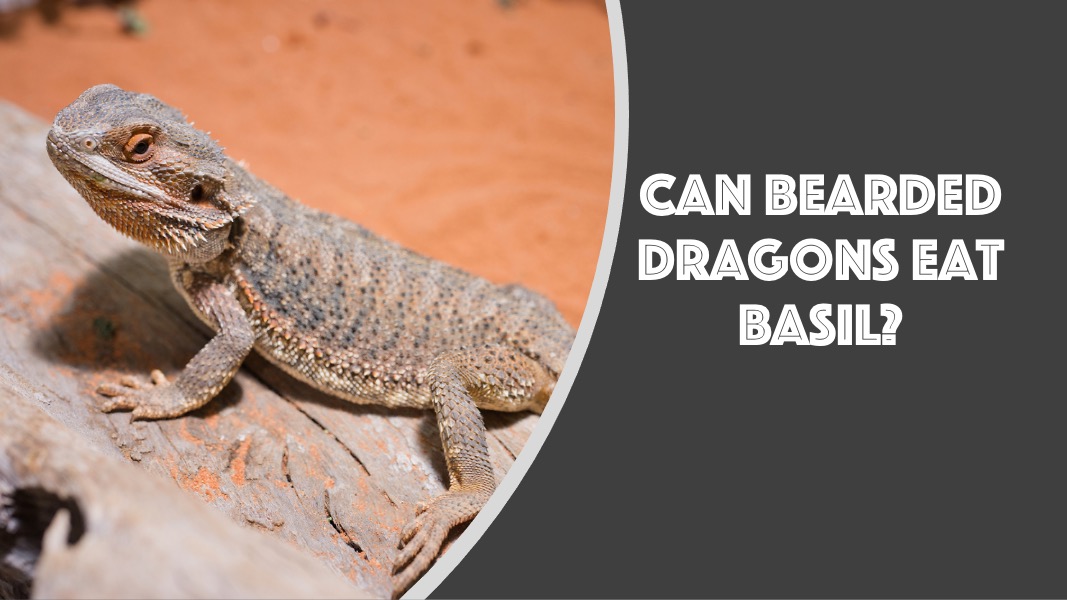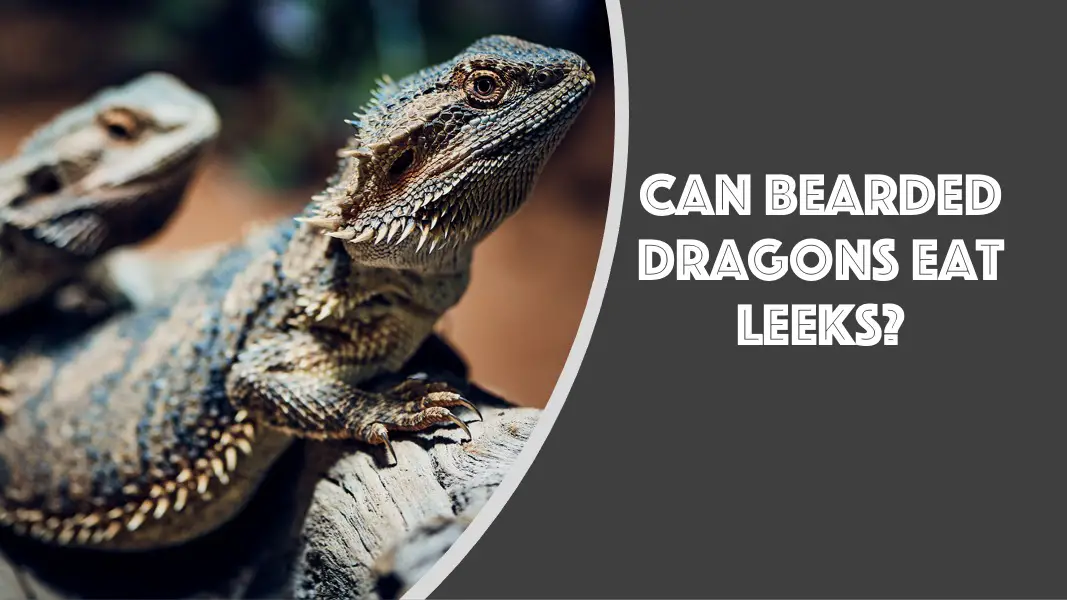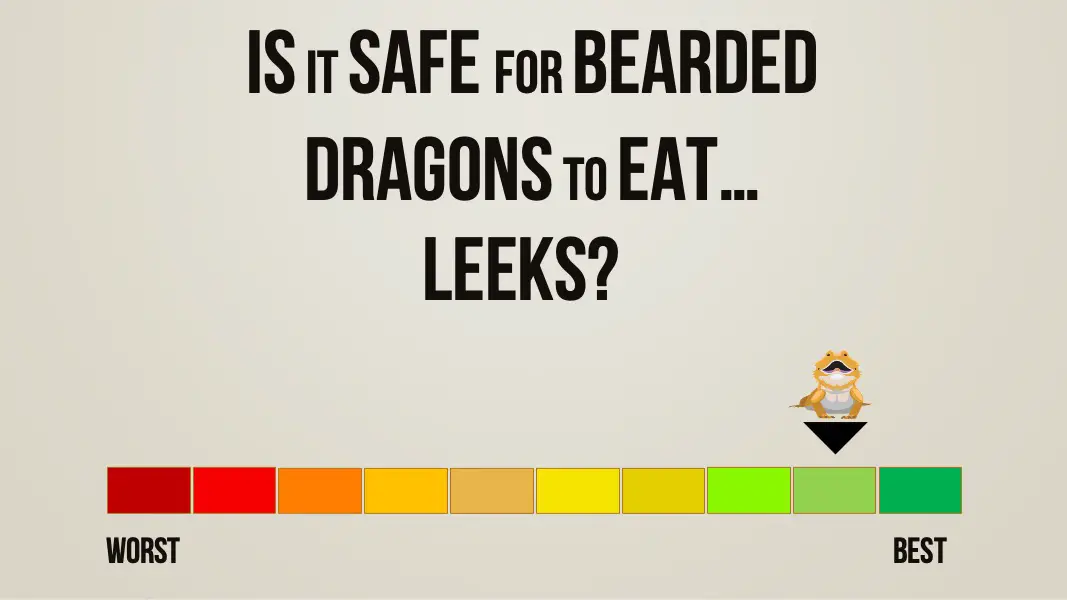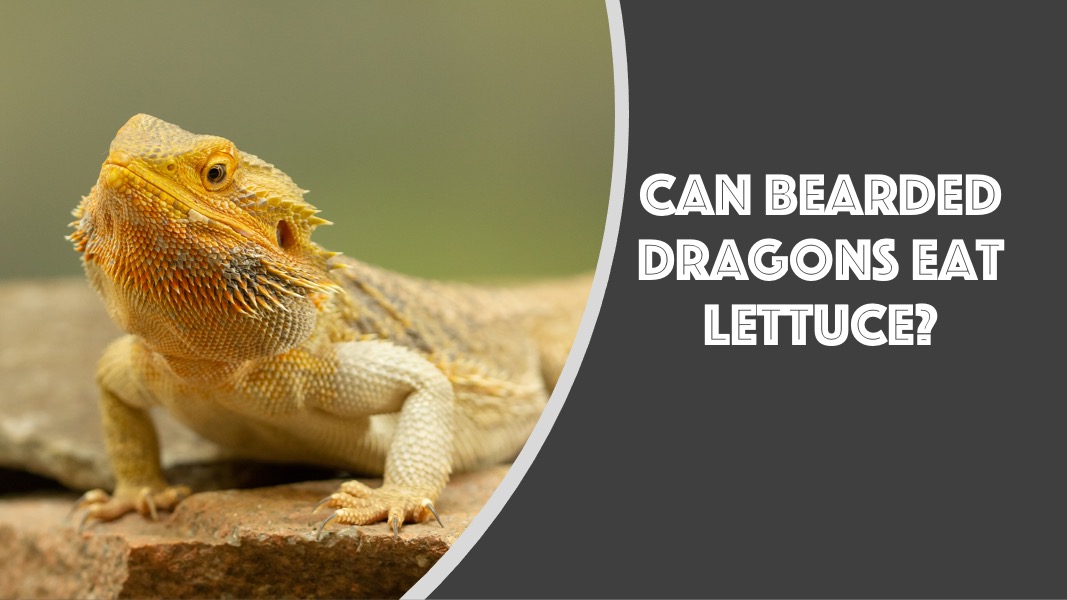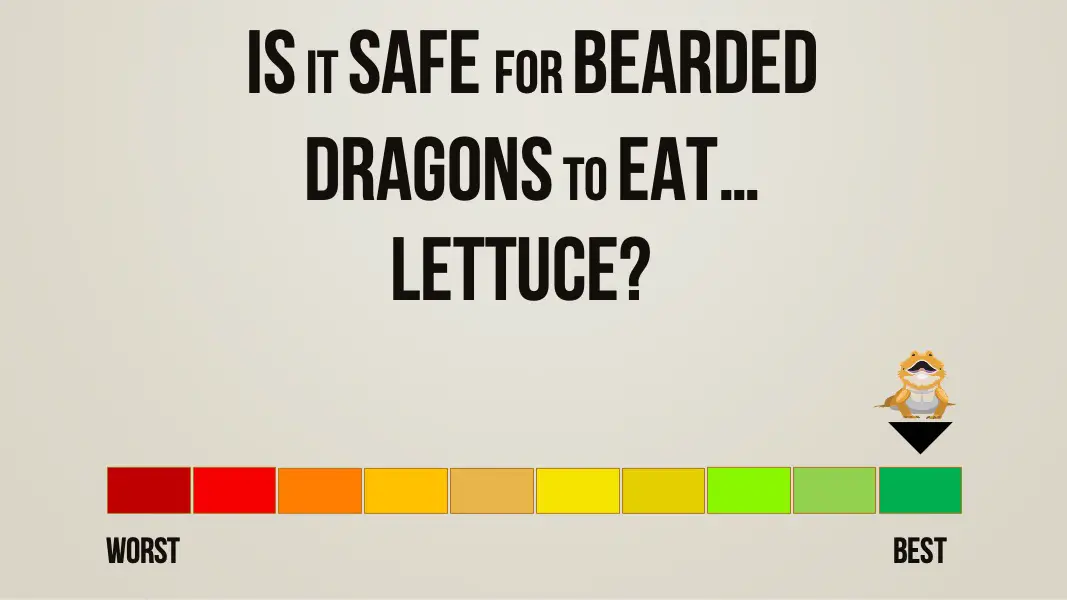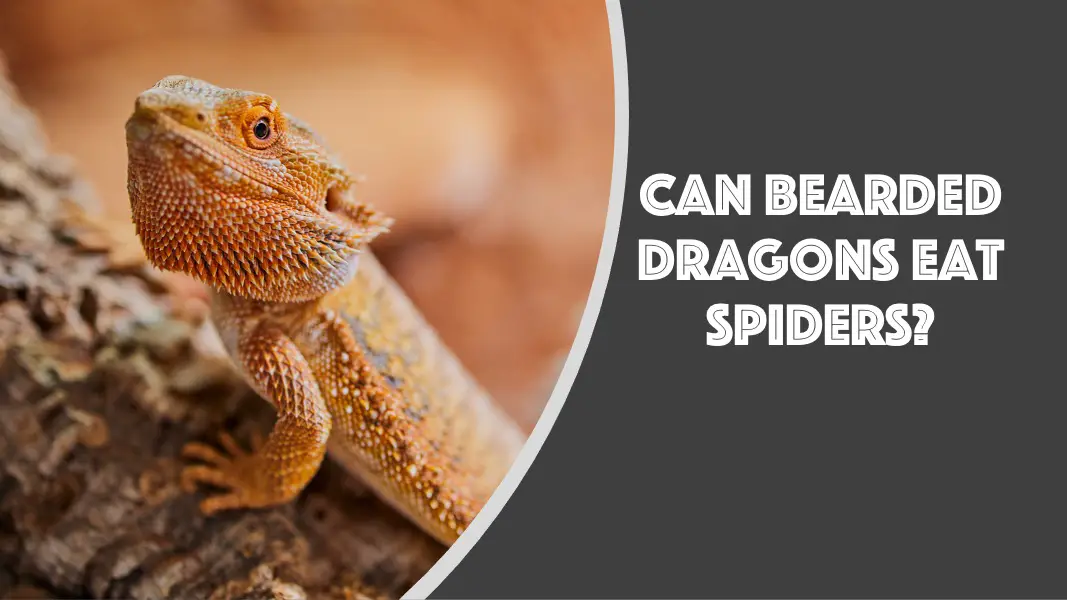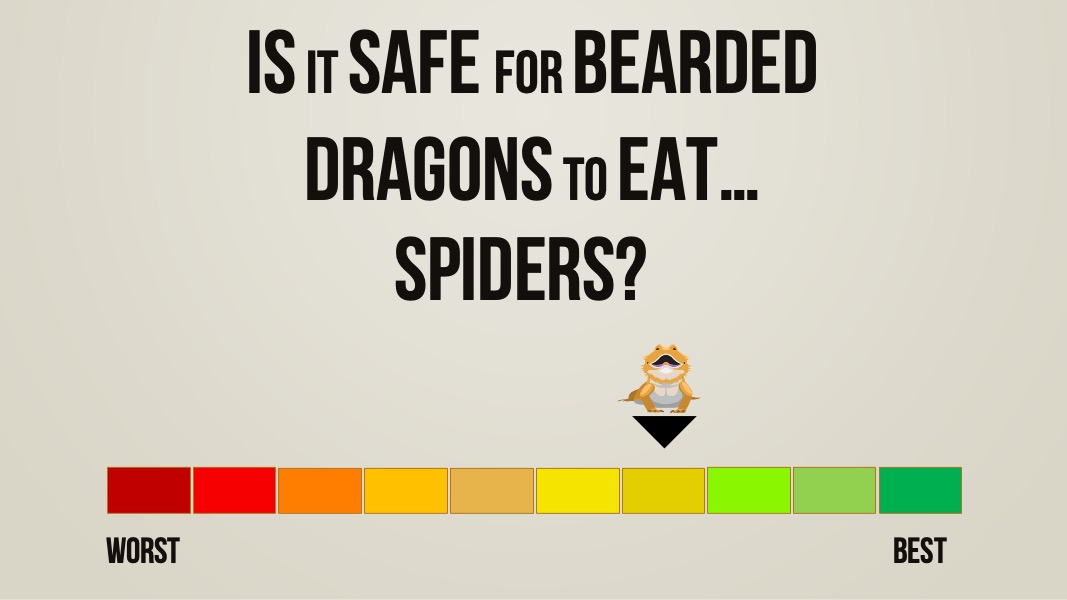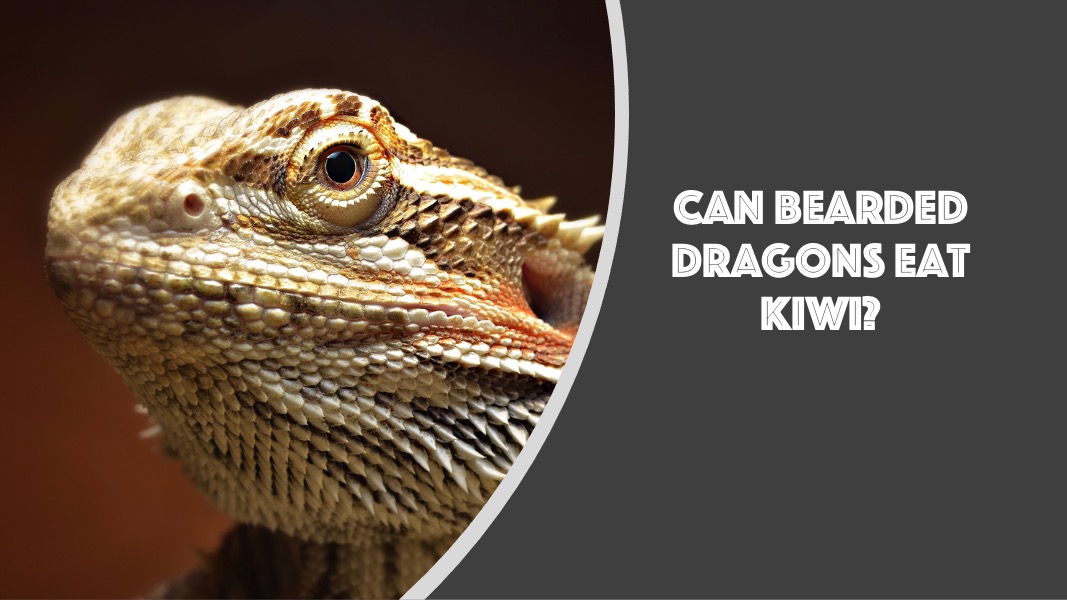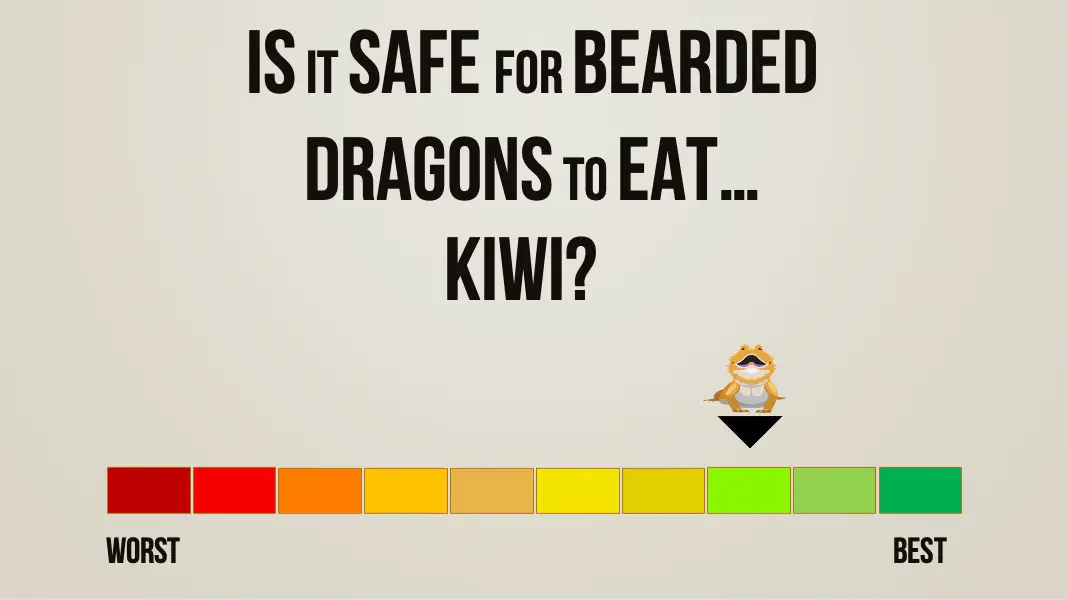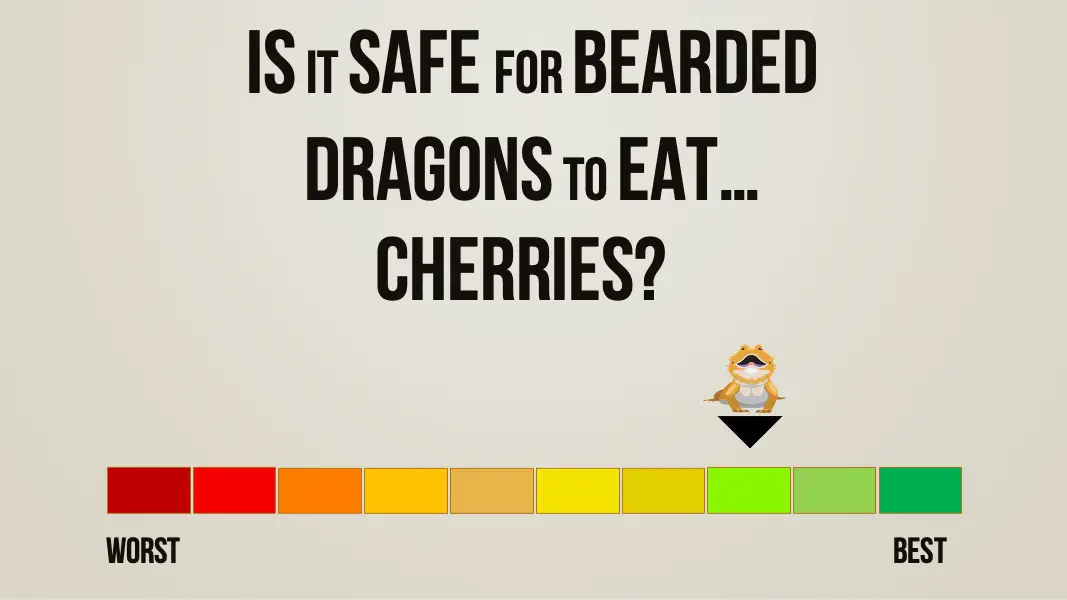Yes, it is safe for your bearded dragon to eat basil! Basil is a plant that’s part of the mint family, and hence related to the other members that are safe for your pet.
The general rule of thumb when determining whether or not it’s safe to feed an herb to your pet is this: if you are able to eat it yourself without any issues, then it should be fine for your bearded dragon. As long as you can munch on some basil leaves without getting sick, your beardie should be good too! That being said, just because it’s safe doesn’t mean you have free reign over feeding your pet all kinds of herbs. There are still things you have to keep in mind while feeding them these plants.
Bearded dragons are omnivores that eat a wide variety of vegetables and plants, including basil. You can offer your pet dragon basil to provide him with extra nutrients and variety in his diet. Basil is safe for bearded dragons to eat, but you should only feed it to your pet occasionally as part of the normal diet, not instead of it. Check out which vegetables bearded dragons can eat?.
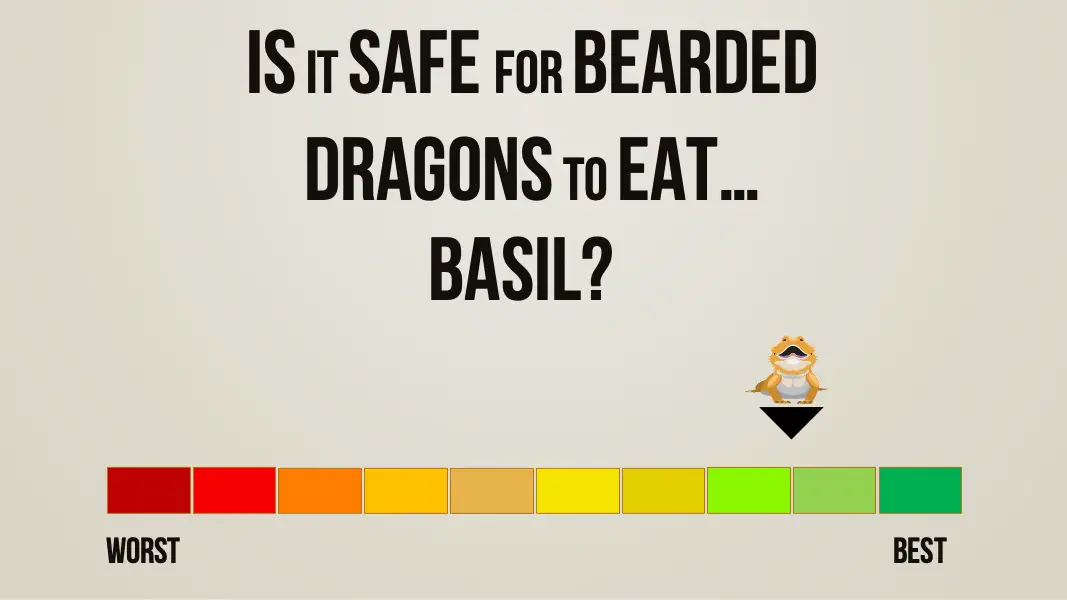
Valuable Nutrients of Basil
- Carotenoids
- Folic Acid
- Vitamin C
- Calcium (mineral)
- Magnesium (mineral)
- Copper (mineral)
- Iron (mineral)
Basil leaves are extremely rich in nutrients that your pet dragon would benefit from. For example, they’re loaded with lots of vitamins like vitamin A and vitamin K. They also contain beta-carotene which is an antioxidant that helps to fight against free radicals that could damage the cells in your bearded dragon’s body. Vitamin A deficiency can cause liver disease in reptiles so it’s important to keep their levels up through proper feeding!
Providing these nutrients will help keep your beardie healthy and active by fighting off illness and diseases.
How to Prepare Basil for My Bearded Dragon
Basil does not need to be cooked or prepared; simply offer the leaves raw (just make sure they haven’t been treated with any sort of pesticide or other chemicals). You don’t need to worry about food safety issues because the natural chemical compounds in the herb will keep bacteria from growing on it, but avoid serving it up after it’s grown limp or browned.
Some people like to blend or puree the basil leaves before offering them to their pets. You can do this by chopping it into small pieces then put them in a food processor and process it till a pureed mix is formed.
You can also feed your pet dragon basil leaves that have been blended along with other vegetables as well. If you do, make sure they make up no more than about 10% of the total salad ration for the day.
How Much Basil to Give Your Bearded Dragon?
One of the most common issues new owners face when feeding their bearded dragons is overfeeding.
If you continue to give him too much food, his digestive system won’t be able to handle it so it will go through him without being properly metabolized and this could lead to serious problems like obesity and deficiencies which bring about a host of other issues!
A good rule of thumb with basil is that you can feed your bearded dragon as many leaves as he can fit in his mouth. If he’s too small for this, you might want to cut the basil into smaller pieces or even blend it until it becomes a puree.
Vegetables for Bearded Dragons
- Can Bearded Dragons Eat Cauliflower
- Can Bearded Dragons Eat Celery Leaves
- Can Bearded Dragons Eat Celery
Safety Precautions for Feeding Bearded Dragons Basil
While all members of the mint family are safe for beardies, there are certain things you should keep in mind when feeding them:
- Your pet may not be interested in eating food items placed on top of each other – place only one item at a time on the salad bowl.
- Don’t feed your bearded dragon any kinds of ornamental or decorative plants that you might have lying around the house! Always get fresh vegetables from a reputable pet store or garden center.
- Some kitchens use pesticides to protect the wood countertops from bacteria and insects, so make sure your counters are clean before you prepare anything for your beardie.
- Finally, if you do try basil with your bearded dragon and he doesn’t seem to like it much after a couple of tries, don’t force him to eat it. You can try blending it with other herbs and veggies in his salad bowl but if he still won’t touch it then just remove it from his dinner menu.
Risks of Feeding My Bearded Dragon Basil
There aren’t any risks associated with feeding your pet dragon basil because it’s completely natural and 100% safe. One thing to keep in mind, however, is that you should never feed him too much of it in a single day.
If he eats too many leaves in a single meal there’s a chance they’ll clog up his digestive system and lead to impaction which can be fatal if not treated quickly! He doesn’t need more than about 10% of his daily diet to consist of basil so just make sure you don’t give him more than this amount.
Can Bearded Dragons Eat Basil? – The Conclusion!
Yes, bearded dragons can eat basil! It’s a completely safe food item for them to ingest and it can even be helpful in keeping their levels up.
However, you shouldn’t feed him too much of it because this could lead to digestive problems later on down the road. There are no risks associated with feeding your dragon basil, but make sure that if he gets sick or stops eating then you take him to a veterinarian as soon as possible!
